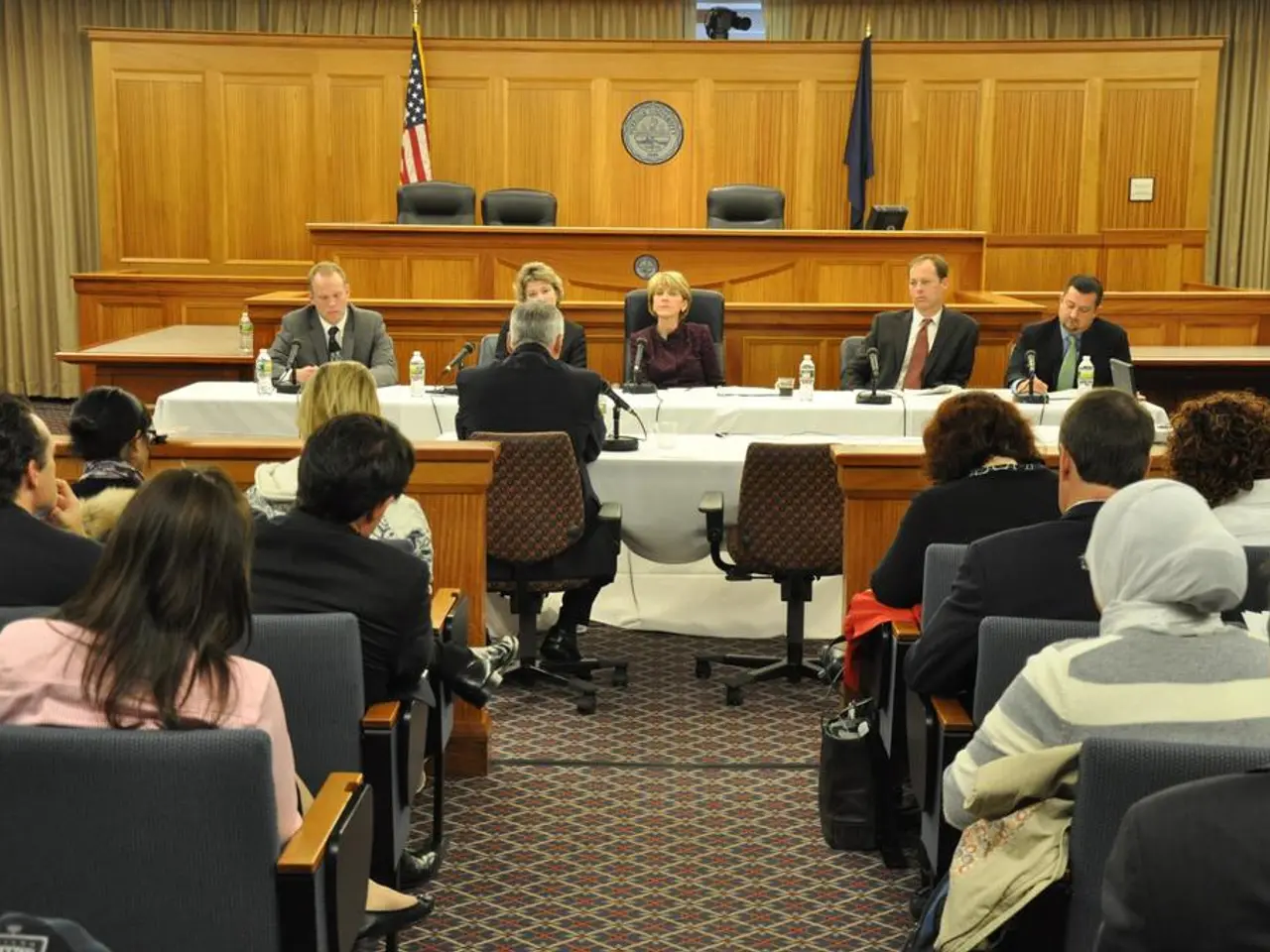Ballot arrangement for Majilis elections: political parties' hierarchy set
The Central Election Commission (CEC) of Kazakhstan has recently held a draw to determine the order of political parties in the ballot for the upcoming Majilis elections in Almaty. The order of political parties, as approved by the CEC protocol, remains as determined by the CEC draw: People's Party of Kazakhstan, Nur Otan Party (Light of the Homeland), Auyl (Village) People's Democratic Party, Ak Zhol (Bright Path) Democratic Party, and Adal (Honesty, Justice) Political Party.
As of December 1, 2020, there are 11,919,241 eligible voters in the unified electronic registry, setting the stage for a significant voter turnout in the upcoming elections. The Majilis elections are scheduled to take place on January 10, 2021.
In line with the rules for the Majilis elections, the verification of the income and property declarations submitted by candidates nominated by political parties will be conducted by the tax authorities within 15 days of the registration of the party list. This process is a crucial part of the anti-corruption and transparency measures in Kazakhstan's parliamentary elections.
However, specific details about the procedures and institutional mechanisms applied for the verification process in the 2021 Majilis elections are not readily available. Given Kazakhstan’s political system, which has been described as authoritarian with limited political pluralism and control over opposition, the transparency and audit mechanisms of candidate declarations have been a subject of criticism.
Candidates for parliamentary elections, including those from Amanat and other parties, are generally required by law to submit income and property declarations. These declarations typically undergo review by relevant state bodies such as the Anti-Corruption Agency or electoral commissions. However, independent verification and public disclosure processes have been criticized as insufficiently transparent, reflecting the country's authoritarian political environment and limited political competition noted in international assessments.
The verification of the authenticity of the income and property declarations is conducted by the authorized state body, ensuring that the electoral process maintains integrity. The number of ballots to be printed and delivered to polling stations, including a 1% reserve, is 12,038,433.
In the 2021 Majilis elections, the ruling Amanat party, formerly known as Nur Otan, secured a dominant majority of seats (62 out of 98), maintaining its status as the most powerful political party in the parliament. Amanat has historically been aligned with the former president Nursultan Nazarbayev’s regime but has shown signs of political reforms under President Kassym-Jomart Tokayev since 2019.
With the election date approaching, the focus remains on ensuring a fair and transparent electoral process for the citizens of Kazakhstan. The verification of the income and property declarations, along with the order of political parties in the ballot, are crucial steps in maintaining the integrity of the elections.
The parliamentary elections in Kazakhstan, scheduled for January 10, 2021, will involve policy-and-legislation as the verification of the income and property declarations submitted by candidates is a crucial part of the anti-corruption and transparency measures, as per the rules for Majilis elections. These elections, under the scrutiny of the international community, have sparked debates over the transparency of Kazakhstan's political system, with politics playing a significant role in the scrutiny of the processes such as the verification of the declarations. The general-news media have frequently reported on the criticism received by Kazakhstan's limited political pluralism and control over opposition, particularly in relation to the transparency of the verification and disclosure processes.








